Clash of Titans: The Drake vs. Kendrick Lamar Lawsuit
Hip Hop in the News: The Hottest Stories and Controversies This Week
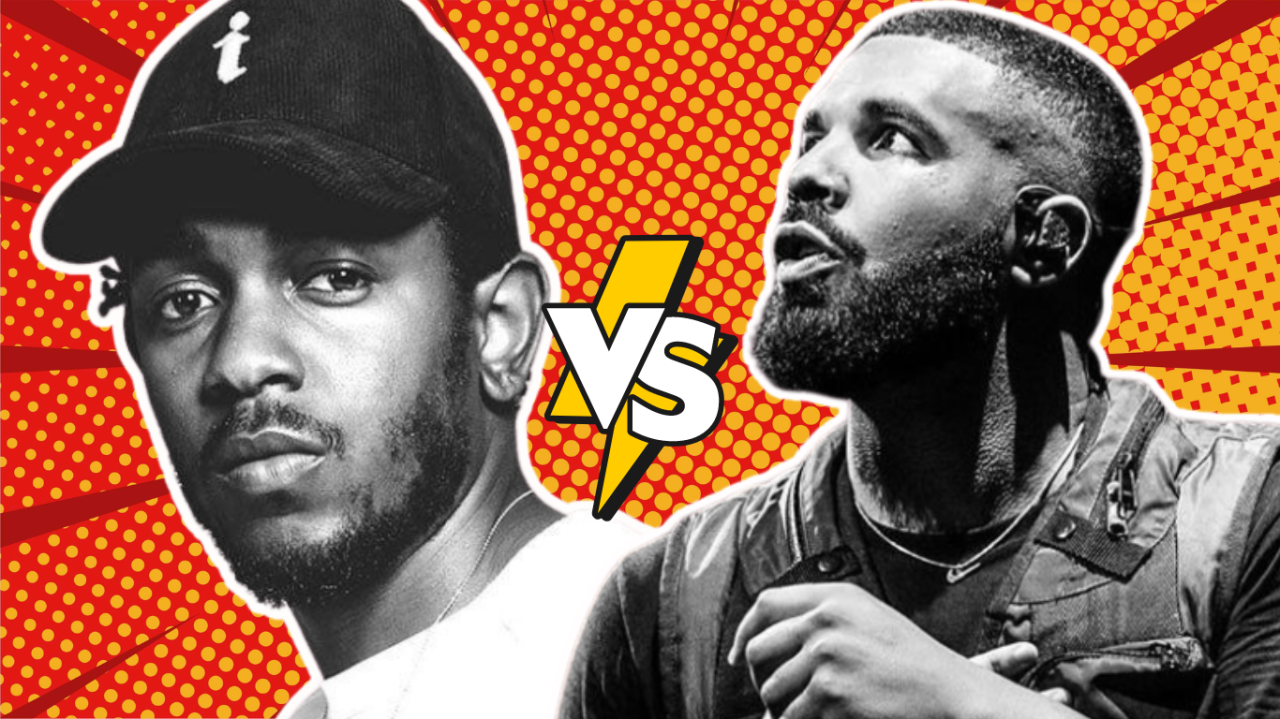
Hip Hop Feuds and Beef
- Rapper Lil Wayne is rumored to be gearing up for a rap war against Kendrick Lamar, sparking a heated battle in the hip-hop world. Kendrick Lamar recently mentioned Nas in his lyrics, highlighting the importance of recognition within the rap community.
- Joe Budden has a complicated relationship with Drake, calling him a “lying, manipulative, sack of s***“ in a recent rant.
- Peter Rosenberg is heavily disappointed in Drake, saying his team failed him with the Kendrick lawsuit and should’ve fired back with rap.
- Rob Markman claims someone tied to Drake’s camp contacted him to “show The Boy some love” and help him beat Kendrick, but he declined.
New Music and News Releases
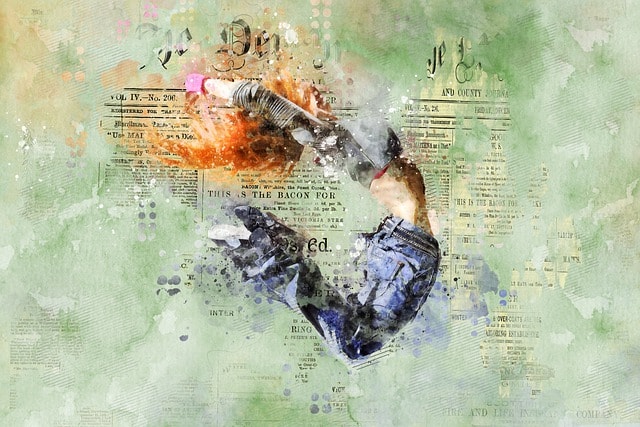
- The Weeknd announces the release of the highly anticipated album “Hurry Up” and reaches the milestone of being the first artist to have multiple hits.
- Snoop Dogg releases a new single, “Another Part of Me,” featuring Sting, continuing his 2024 takeover.
- Playboi Carti announces a Rolling Loud Miami 2024 performance, promising an epic show.
- T-Pain is set to perform at the Macy’s Thanksgiving Day Parade, celebrating the holiday with his hits in a live broadcast.
Hip-Hop Culture and Trends
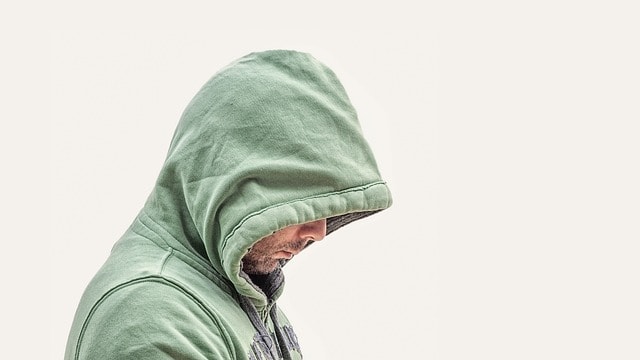
- Taylor Swift was named the #2 most excellent pop star of the 21st century, with a massive following in hip-hop.
- Adam22 says Donald Trump should involve podcasters in the White House Press Briefing process, highlighting the power of the internet and hip-hop news.
- RJMrLA had no clue he was being filmed for Kendrick Lamar’s “Squabble Up” music video, but he ended up having a ball, showcasing the surprise and excitement of hip-hop culture.
- T.I. and Tiny had their hands full all day, passing out turkey dinners and serving full meals to Atlanta’s older people, giving back to the community.
- Universal music company
In the dynamic world of hip-hop, rivalries are often as notable as the music itself. Recently, a legal battle between two giants, Drake and Kendrick Lamar, has highlighted their artistic rivalry and the complex interplay between music, law, and artistry, with Universal Music Group (UMG) being a significant player in these disputes. This article delves into the core of this ongoing dispute, exploring the implications of their feud, the nuances of legal strategies, and the cultural ramifications that follow.
The Legal Drama Unfolds: A Shift from Beats to Briefs
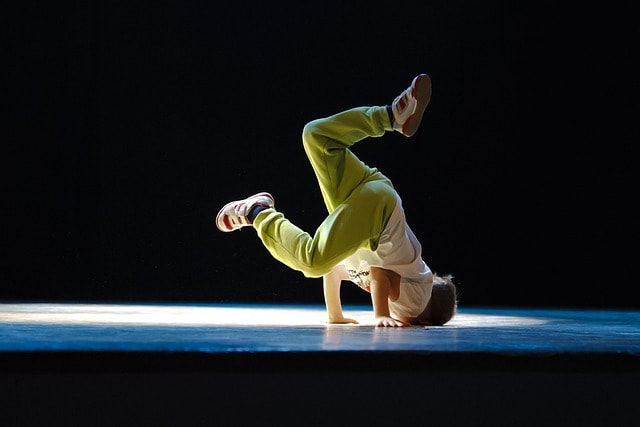
In a surprising move, Drake initiated legal action against his record label, citing improper practices that allegedly inflated the popularity of Kendrick Lamar’s single “Not Like Us.” This represents a significant departure from the traditional methods in hip-hop squabbles, where artists typically respond with lyrical content rather than litigation. The move raises eyebrows within the music community, as many feel it undermines the fundamental ethos of hip-hop, which thrives on authenticity and confrontation through music【4:0†source】. Instead of retaliating through verses, Drake’s strategy has shifted to a courtroom setting, which some perceive as a desperate attempt to salvage his image against Lamar’s fierce lyrical critiques【4:4†source】.
Authenticity vs. Perception: The Impact of Legal Action on Credibility
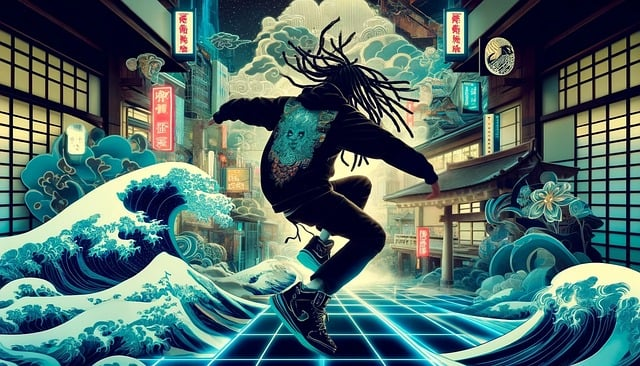
The hip-hop community places immense value on authenticity, and Drake’s decision to resort to legal measures could tarnish his reputation as a genuine artist. Many fans and fellow artists view this legal maneuver as an indication of weakness, questioning why he wouldn’t respond with music rather than through lawyers【4:1†source】. This perception is compounded by hip-hop culture built around “keeping it real,” where disputes are settled on stage through diss tracks, not in courtrooms.
Rob Markman claims someone tied to Drake’s camp contacted him to “show The Boy some love” and help him beat Kendrick. Still, he declined, emphasizing the importance of maintaining credibility in creating compelling videos【4:2†source】.
Social and Political Impact of Hip Hop
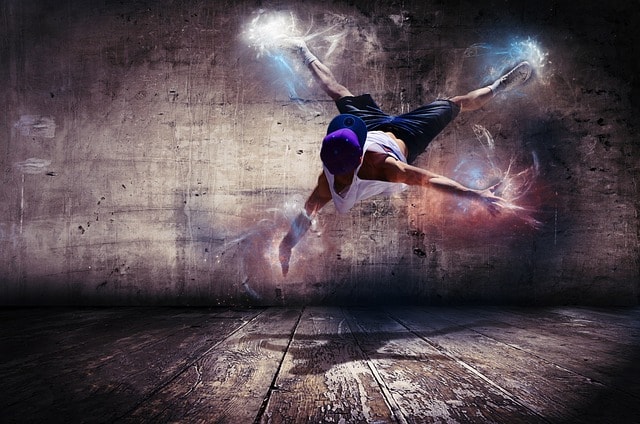
Hip-hop has always been more than just music; it’s a powerful tool for social commentary and political activism. Artists like Kendrick Lamar have used their platforms to address issues such as racism, inequality, and social justice. Lamar’s album “GNX” is a prime example, praised for its thought-provoking lyrics and socially conscious message. Many consider it a landmark album in the hip-hop genre, pushing the boundaries of what music can achieve regarding social impact.
Another influential artist, The Weeknd, has also made waves with his music. His upcoming album, “Hurry Up,” is highly anticipated by fans and critics alike for its musical quality and potential to influence the industry. The Weeknd’s work often delves into themes of personal struggle and societal issues, making his music resonate deeper.
Hip-hop has also been a platform for artists to speak out against social injustices, using their music to raise awareness and promote change. This genre has a unique ability to bridge cultural divides, fostering understanding and empathy between different communities. In educational settings, hip-hop is increasingly used to teach students about social justice and activism, with many schools incorporating it into their curriculum.
Beyond the classroom, hip-hop’s influence extends to popular culture, impacting fashion, film, and television. It’s a genre that promotes positivity and community building, with many artists using their music to uplift and inspire their communities. Hip-hop is not just a genre of music; it’s a movement that continues to shape and reflect the world around us.
Hip Hop and Technology
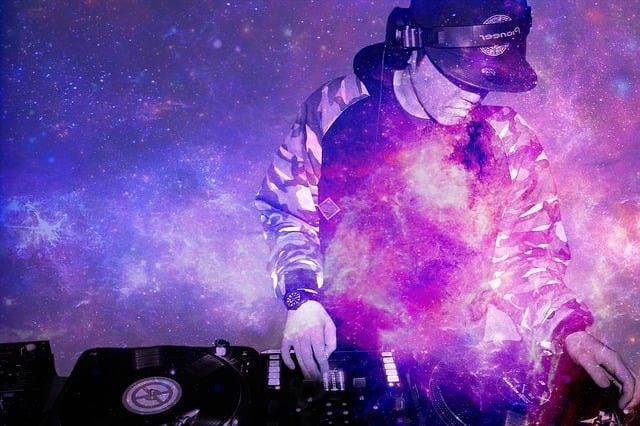
Hip-hop has always been at the cutting edge of technological innovation in the music industry. From the early days of turntables and samplers to today’s digital tools, hip-hop artists have continually pushed the boundaries of what’s possible. The emergence of streaming platforms like Spotify and Apple Music has transformed how hip-hop music is consumed, with many artists now releasing their music solely on these platforms.
Technology has also influenced the sound of hip-hop, with many artists incorporating electronic and digital elements into their music. This fusion of traditional and modern sounds has given rise to new sub-genres and styles, keeping the genre fresh and exciting.
Social media has played a crucial role in promoting and distributing hip-hop music. Platforms like Instagram and Twitter allow artists to connect directly with their fans, share new music, and promote upcoming projects. This direct line of communication has democratized the music industry, giving independent artists a platform to reach a global audience.
Hip-hop’s influence extends beyond music into video games, virtual reality, and film. Many video games feature hip-hop soundtracks and characters, while VR experiences offer fans immersive and interactive ways to engage with their favorite artists. Hip-hop soundtracks and characters are increasingly common in film and television, reflecting the genre’s pervasive influence on popular culture.
In summary, hip-hop’s relationship with technology is symbiotic. The genre has not only adapted to technological advancements but has also driven innovation within the music industry. As technology evolves, hip-hop will undoubtedly remain at the forefront, shaping and being shaped by the digital age.
Drake vs. Universal Music Group: Legal Actions and Implications
Drake’s legal battles with Universal Music Group (UMG), one of the world’s most prominent record labels, underscore the complexities of modern music contracts and artist-label relationships. The conflict reportedly stems from disagreements over promotional practices and the distribution of funds for high-profile singles.
Key Points of Controversy
- Kendrick Lamar’s Single Promotion: Drake alleges that Universal Music Group favored Lamar’s single “Not Like Us” by improperly inflating its reach, potentially at his expense.
- TikTok Promotion: Universal Music has been leveraging TikTok’s massive user base to promote its artists, leading some to speculate whether their strategies have disproportionately benefited certain artists.
Industry Perspectives
Anne Steele of the Wall Street Journal
A prominent journalist covering the music industry, Anne Steele, recently highlighted how the evolving dynamics between artists and record labels reflect more significant trends. Her coverage delves into how platforms like TikTok have shifted power toward artists and created new opportunities for labels to maintain control.
Universal Records’ Artist Roster
Universal Music Group manages an extensive list of top-tier artists, including Drake, Kendrick Lamar, and The Weeknd. Their influence across platforms like Spotify, TikTok, and YouTube makes them significant in shaping music consumption trends.
Related Terms: taking, things, year
Next Articles
Lawyer Timeshare: Essential Tips for Success
The Uninsured Crisis: Wildfires and Home Insurance in Los Angeles













